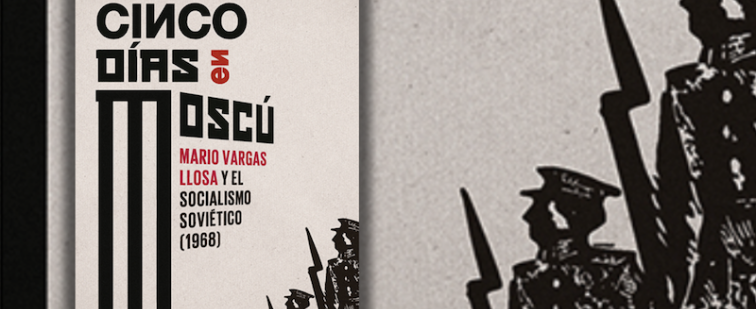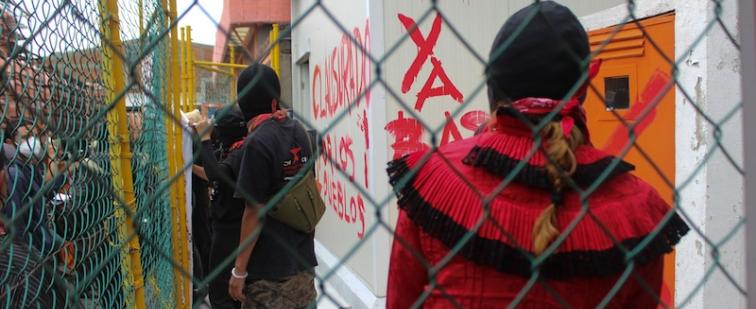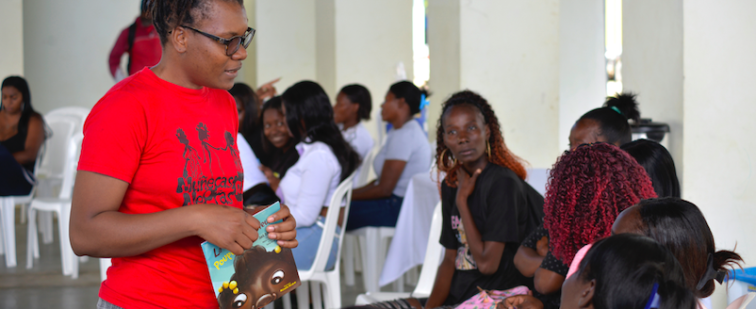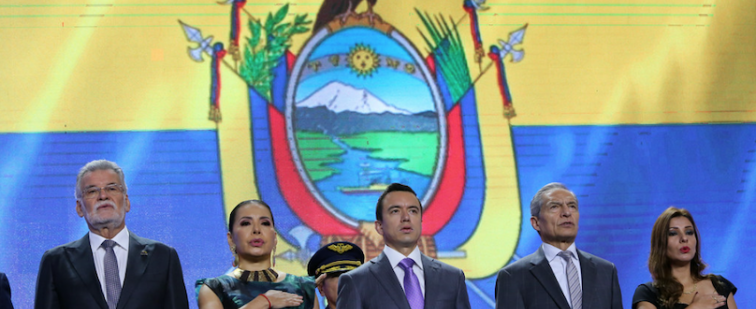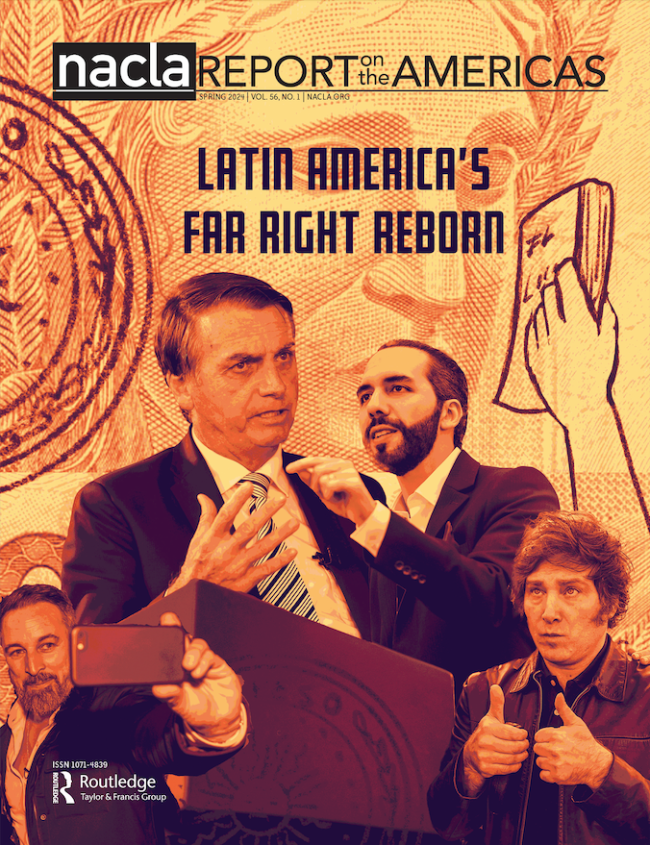Home
On December 10, President Evo Morales promulgated Bolivia’s new pension law at the headquarters of the Bolivian Workers Central (COB), the country’s militant national trade union federation. The unprecedented and highly symbolic event culminated a four-year negotiating process, during which the COB agreed to suspend its mobilization for higher wages in exchange for comprehensive pension reform.
From November 24 through 28, police and military staged Rio de Janeiro’s largest armed offensive against drug traffickers in decades. The operation has been hailed as a turning point in Rio’s efforts to improve security before it hosts the 2016 Olympic games. However, the perception of greater public safety in Rio is credible only to those willing to look past both the human rights abuses carried out in its midst and the systematic corruption among Rio police that is linked to much of the major crime in the city.
Why is it that there is not a strong coalition between Latinos and African Americans? Why haven’t these two groups, which share so much in common, not been able to sustain long-term social and political alliances? One of the reasons is the discourse of citizenship embedded in the new right-wing, anti-immigrant xenophobia which poses a challenge to building multiracial alliances in Chicago-and elsewhere.
This article originally appeared in the November/December 2010 edition of NACLA Report on the Americas.
Amidst the flurry of recently published books on the dynamics of contemporary Latin American politics, Ben Dangl’s Dancing with Dynamite stands out for his reporting on social and political change from the vantage point of social movements themselves. In this polemical book, Dangl studies subaltern struggles vis-à-vis states, drawing primarily from targeted interviews with social movement activists and analysts from seven South American countries that are generally seen as part of the region's move to the left. The resulting product is a view from below of countries ranging from Ecuador to Venezuela.
On November 28 Haitians went to the polls to vote for a new president. However, while the Organization of American States and the Caribbean Community (CARICOM) validated the elections, other observers have documented that the voting process was rift with irregularities. The following photos question the election's legitimacy, especially with so much at stake in a country in desperate need of reconstruction after the January 12 earthquake.
The U.S. Colombia Free Trade Agreement has slid off the radar, but the deal is far from dead. It has been more than three years since the Colombian congress approved the deal, but it is still awaiting congressional approval in the United States. The agreement was a political hot potato for President Obama and congressional Democrats, who decided to put the agreement on the back burner in 2008. This year's mid-term elections have shifted the balance of power in the House, but it isn't clear whether or not there will be a push to ratify the controversial agreement.
When leaders of the world’s 20 largest economies met at the G20 summit in Seoul, South Korea, on November 12-13, the only story in the news was a currency face-off between the United States and China. Missing was real movement on two issues with implications for Latin America and the Caribbean: Reform of the International Monetary Fund (IMF), and a new “consensus” on development for the world's poorest countries. This was the final nail in the coffin of the Washington Consensus, the economic model that has held sway in the region for the past quarter century.
In 2008, 70% of the 10 million Latinos who voted in the U.S. election supported Barack Obama. But since that election, hope has turned to despair for many Latinos who still face racial profiling, deportation, and family separation under an administration they enthusiastically supported. In exchange for their loyal votes, Latinos are expected to join what we can call the Obama–Democratic Party Consensus on immigration reform. This consensus requires that the president and his party build a more efficient immigration-control apparatus, while Latinos are expected to settle for symbolic appointments in government.
This article originally appeared in the November/December 2010 edition of NACLA Report on the Americas.
In August, Georgetown University appointed former Colombian president Álvaro Uribe as a "Distinguished Scholar," despite accusations that he had been behind serious human rights violations in his home country. While Uribe received a warm welcome from university officials, many students and faculty have not been so comfortable with his appointment, although it follows a history of Georgetown appointing powerful and controversial figures (including former Spanish prime minister José María Aznar) to posts as professors. On November 3, many rallied on the Georgetown campus against Uribe's appointment, and this culminated with law students handing the former Colombian president a subpoena.
The Bolivian government will commit $900 million to develop a state-run lithium industry, using the country's unexploited reserves which are estimated to hold 70% of the world's total of this metal. The potential of this industry (lithium is widely used in ceramics, glass, lubricants, pharmaceuticals, and batteries for portable electronic devices) has raised great expectations, along with many questions about Bolivia’s lithium strategy—including the role and choice of foreign partners, the market for Bolivia’s lithium products, and the potential environmental and political impacts of lithium development.

